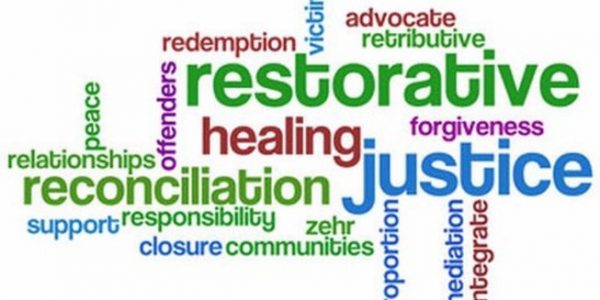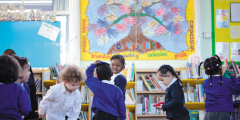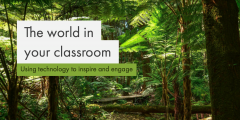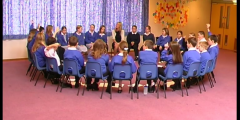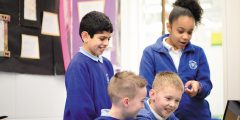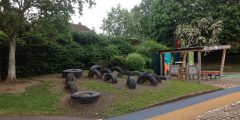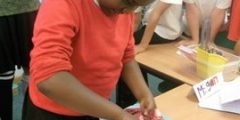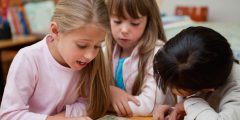How can the building of ‘relationships’ maintain good classroom management?
December 13, 2018
The importance of mental health and well-being of children has become an important focus within education. In this post Esther Fulton considers the role of positive relationships in creating a nurturing classroom environment. The DfE has recently published a paper that highlights the importance of schools creating ‘safe and calm environments’ and ‘equipping pupils …
How to make the world a better place: teach children how to think
July 6, 2018
Teachers generally believe that education can make the world a better place, but we need to realise there is some good news, and some bad news about this. In this post, John Perry reflects on the place of thinking skills in our schools. Firstly, some good news: schools are improving. More children achieve more highly …
The world in your classroom: using technology to inspire and engage
June 4, 2018
Technology is increasingly prevalent in schools but not necessarily used to best effect as a learning resource, as noted in an international context by the OECD in this 2015 report. In this post, Rachel Walker from Sneinton C of E Primary School in Nottingham shares her experiences of using technology in a productive way. I …
Why Philosophy with children?
April 25, 2018
In this post, Sally Betteridge considers the benefits of doing Philosophy with children and shares her experiences. Is it a ‘nice’ added extra or an essential part of children’s education? Children taking part in Philosophy lessons has been an area of discussion for many years. With an already very busy Primary curriculum it’s not …
Finding a place for inquiry
December 5, 2017
The OECD have just published the results of the latest PISA survey on collaborative problem solving. In the accompanying editorial, its educational director, Andreas Schleicher points to the importance of communication-intensive activities in promoting effective collaboration and thereby preparation for a rapidly changing world of work. This is echoed by groups like the Partnership for …
Outdoor learning: a waste of space?
July 4, 2017
In today’s climate there has been much discussion and debate regarding the lack of physical exercise that children do and the increase of passive watching of screens. Some parents have also denied children the freedom of outdoor play due to fears relating to traffic, ‘stranger-danger’ and the lack of natural spaces. Therefore the school outdoor …
The power of picture books in the primary classroom
June 5, 2017
In a previous blog Gill Johnson considered what we mean by quality children’s literature and why it might be valuable in the classroom in promoting successful reading and writing. In this blog, she explores the importance of picture books and thinks it is time to rediscover their power with all children. If you have watched …
Using quality children’s literature in the classroom: it’s win win!
March 2, 2017
When was the last time you immersed yourself in a good book? In the midst of a busy term, I suspect the answer is – not for a while! When was the last occasion you read a children’s book? The answer to this may vary, but in this blog Gill Johnson considers what we …
Creativity…risky business or essential to learning?
February 3, 2017
In this post Sally Betteridge explores issues around Creativity and its role in the Primary Curriculum. A recent article in the TES discussed an anti-testing campaign and a week of Creativity in protest against the SATs and the constant testing regimes in Primary schools. However, is this enough – a week of creativity – …
Let’s talk about oracy
January 4, 2017
Literacy and numeracy are part of daily life for primary teachers, but in this post Rupert Knight explores what we mean by oracy and considers its possible impact. What do we mean by oracy? Put simply, oracy refers to skills related to talk and learning through talk. Between 1987 and 1993 the work of the …

